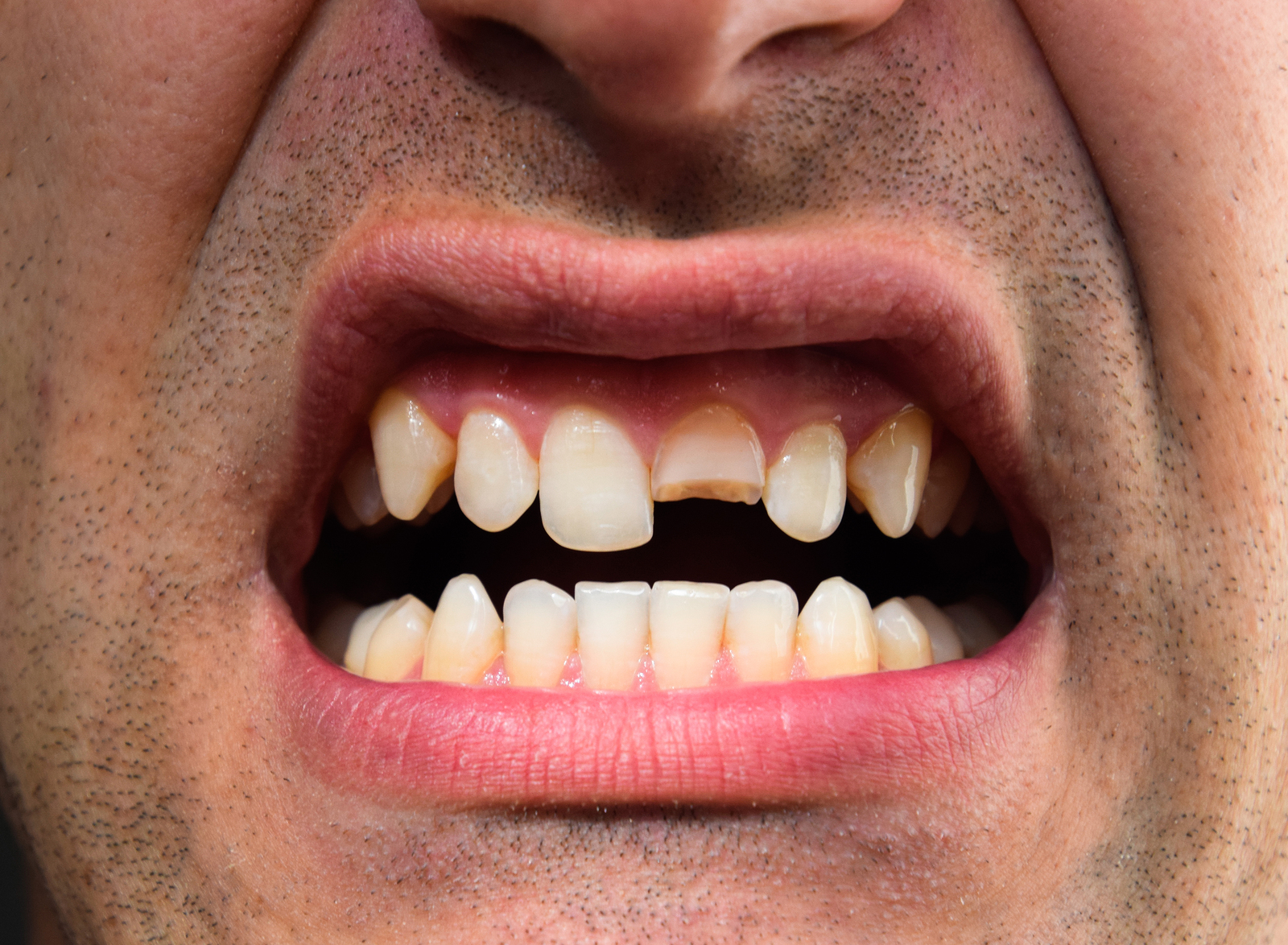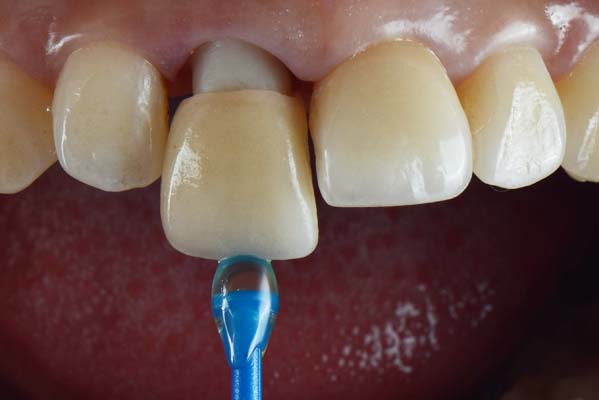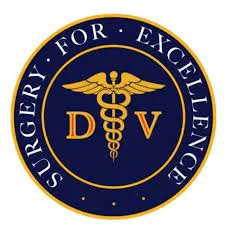The Top 5 Most Common Dental Emergencies and How to Address Them
Understanding the Top 5 Most Common Dental Emergencies and How to Address Them

When a dental emergency occurs, knowing the right steps to take can save your tooth, reduce pain, and prevent further complications. In Port St. Lucie, our emergency dental care team is ready to help, but understanding what to do in those critical first moments can make all the difference.
In this comprehensive guide, we'll explore the five most common dental emergencies and provide practical advice on how to address each one while waiting for professional dental care.
1. Severe Toothache
What Causes Toothaches?
A persistent toothache is often a sign of an underlying issue, such as:
- Dental cavities
- Infections
- Gum disease
- Cracked tooth
- Exposed tooth roots
What to Do:
- Rinse your mouth thoroughly with warm water
- Gently floss around the affected tooth to remove any food particles
- Take over-the-counter pain relievers as directed (avoid placing aspirin directly on the gums)
- Apply a cold compress to your cheek to reduce swelling
- Contact your dentist immediately for an emergency appointment

While these measures can provide temporary relief, it's important to remember that toothaches usually indicate a problem that requires professional treatment. Ignoring a severe toothache can lead to more serious complications, including the spread of infection.
2. Chipped or Broken Tooth
Common Causes:
- Biting down on something hard
- Sports injuries
- Falls or accidents
- Teeth grinding (bruxism)
What to Do:
- Rinse your mouth with warm water to clean the area
- Apply a cold compress to the outside of your cheek to reduce swelling
- Save any broken tooth fragments and bring them to your dentist
- Cover any sharp edges with dental wax if available
- See your dentist as soon as possible to prevent further damage or infection
Even small chips or cracks can worsen over time if left untreated. Our emergency dental care specialists can evaluate the extent of the damage and recommend appropriate treatment options, which may range from bonding to dental crowns depending on the severity.
3. Knocked-Out Tooth
This Is a Time-Critical Emergency!
A knocked-out tooth (avulsion) requires immediate attention. The chances of saving the tooth decrease significantly after 30-60 minutes.
What to Do:
- Locate the tooth and pick it up by the crown (the visible part), not the root
- Gently rinse the tooth with water if it’s dirty, but do not scrub or remove any attached tissue
- Try to reinsert the tooth back into its socket if possible, facing the correct way
- If reinsertion isn’t possible, place the tooth in a container of milk, a tooth preservation product, or between your cheek and gums to keep it moist
- Seek emergency dental care immediately – within 30 minutes if possible

Many people wonder whether they should go to an emergency room or an emergency dentist in this situation. In most cases, a dental professional is better equipped to save your tooth. Learn more about when to choose an emergency dentist versus an emergency room.
Experiencing a Dental Emergency in Port St. Lucie?
Don't wait! Contact our emergency dental care team immediately for prompt attention and relief.
Call Our Emergency Line4. Dental Abscess
What Is a Dental Abscess?
A dental abscess is a serious infection at the root of a tooth or between the tooth and gum. It can cause:
- Severe, persistent, throbbing pain
- Sensitivity to hot and cold
- Facial or jaw swelling
- Fever
- Tender lymph nodes under the jaw
- Difficulty swallowing or breathing (in severe cases)
What to Do:
- Rinse your mouth with a mild saltwater solution several times a day (½ teaspoon of salt in 8 ounces of water)
- Take over-the-counter pain relievers as directed
- Apply a cold compress to the outside of your cheek
- Seek immediate dental care – abscesses can lead to serious complications if left untreated
A dental abscess is a serious condition that won't resolve without professional treatment. The infection can spread to other parts of your body and may become life-threatening if not addressed promptly. Treatment typically involves draining the abscess, and may include tooth extraction or root canal therapy.
5. Lost Filling or Crown
Why This Happens:
- Decay developing under the restoration
- Chewing hard foods
- Wear and tear over time
- Teeth grinding
What to Do:
- Save the crown or filling if possible
- Keep the area clean by gently brushing and rinsing
- Avoid chewing on that side of your mouth
- For a lost crown, you can use dental cement (available at pharmacies) to temporarily reattach it
- For sensitivity, apply clove oil to the affected area using a cotton swab
- Schedule a dental appointment as soon as possible

While a lost filling or crown may not cause immediate severe pain, leaving the tooth exposed can lead to sensitivity and further damage. Your dentist will evaluate whether the restoration can be replaced or if a new one is needed.
The Importance of Prompt Action in Dental Emergencies
Understanding how to address common dental emergencies offers several important benefits:
- Pain reduction: Taking appropriate first-aid measures can help manage discomfort until professional care is available.
- Increased chances of saving teeth: Quick action can make the difference between saving or losing a tooth in many emergencies.
- Prevention of further damage: Addressing emergencies promptly can prevent complications and more extensive (and expensive) treatments later.
- Reduced anxiety: Knowing what to do in an emergency situation can help you stay calm and take effective action.
Remember that while these first-aid measures are important, they're not substitutes for professional dental care. Always follow up with your dentist as soon as possible after experiencing a dental emergency.
Be Prepared for Dental Emergencies
Creating a dental emergency kit for your home can help you respond quickly when emergencies arise. Consider including:
- Your dentist’s emergency contact information
- Clean container with lid (for storing a knocked-out tooth)
- Saline solution or small bottle of milk
- Gauze pads
- Small container of acetaminophen or ibuprofen (avoid aspirin for certain dental problems)
- Dental wax (to cover sharp edges)
- Cold compress
At St. Lucie Dentist, we understand that dental emergencies can happen at any time. Our team is committed to providing prompt, effective emergency dental care to relieve your pain and address the underlying issues.
If you're experiencing a dental emergency in Port St. Lucie, don't hesitate to contact our office immediately. We're here to help restore your oral health and comfort as quickly as possible.
Need Emergency Dental Care?
Our Port St. Lucie dental team is ready to help with prompt attention to your dental emergency.
Contact Us Now



